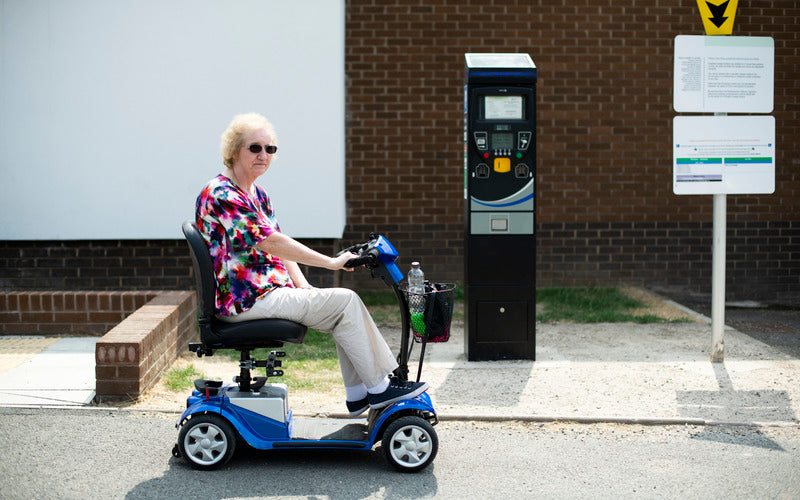5 Things to Know About Used-Car Leasing
Leasing a used car has become an increasingly popular option for individuals looking for an affordable and flexible vehicle solution. While leasing has traditionally been associated with new cars, many dealerships now offer leasing options for used vehicles.
If you're considering leasing a used car, it's important to understand the key aspects of this arrangement to make an informed decision. In this comprehensive guide, we will explore five essential things to know about used-car leasing, including its benefits, considerations, and potential drawbacks.
Lower Monthly Payments
One of the primary advantages of used-car leasing is the lower monthly payments compared to leasing a new car. Since used vehicles have already experienced some depreciation, their residual value is lower, which translates into reduced lease payments. This can be especially beneficial for budget-conscious individuals who want to drive a late-model vehicle with lower financial commitments.

Limited Warranty Coverage
When leasing a new car, the vehicle is typically covered by the manufacturer's warranty for the duration of the lease term. However, when it comes to used-car leasing, the warranty coverage may be limited or have specific conditions. It's essential to thoroughly review the warranty terms and understand what repairs and maintenance costs are the lessee's responsibility. Consider purchasing an extended warranty or a certified pre-owned vehicle with additional coverage for added peace of mind.
Higher Mileage and Age Restrictions
Used-car leases often come with mileage and age restrictions. The mileage limit is typically higher than that of a new-car lease, as the vehicle has already been driven. However, exceeding the agreed-upon mileage can result in additional charges at the end of the lease term. Additionally, some leasing companies may have restrictions on the age of the used vehicle being leased. Understanding these limitations is crucial to avoid any unexpected fees or penalties.
Limited Selection and Availability
Compared to new cars, the selection of used vehicles available for lease may be more limited. Not all dealerships offer used-car leasing options, and the inventory can vary. It's important to research dealerships that specialize in used-car leasing or have a dedicated inventory of lease-eligible used vehicles. Be prepared to be flexible with your choice of make, model, and features to find the best available lease options.
End-of-Lease Considerations
Before entering into a used-car lease, it's vital to understand the end-of-lease options and potential costs. Similar to new-car leasing, returning the vehicle at the end of the lease term may involve lease-end fees, excess wear and tear charges, and mileage penalties. It's advisable to thoroughly inspect the vehicle and understand the lease-end requirements to avoid any surprises. Alternatively, explore the possibility of purchasing the leased vehicle at the end of the term if you have developed a strong attachment to it.
Conclusion
Used-car leasing offers a viable alternative for individuals seeking an affordable and flexible vehicle solution. Lower monthly payments, the ability to drive a late-model vehicle, and reduced initial financial commitment are attractive aspects of used-car leasing. However, it's crucial to understand the limited warranty coverage, mileage and age restrictions, limited selection, and end-of-lease considerations that come with this arrangement.
By being aware of these five key aspects, potential lessees can make an informed decision and enjoy the benefits of leasing a used car while mitigating any potential drawbacks. As with any financial commitment, it's important to carefully review the terms and conditions of the lease agreement and thoroughly research reputable dealerships that specialize in used-car leasing.




